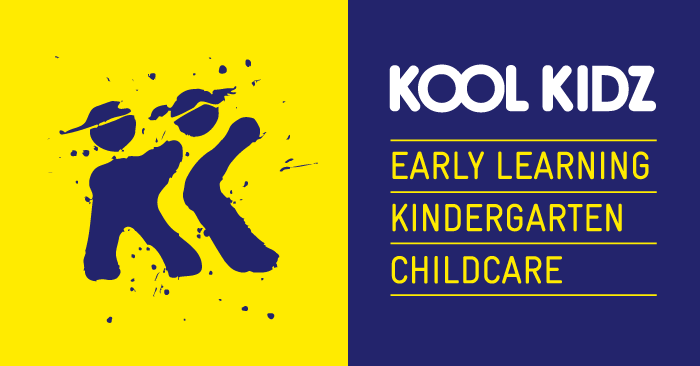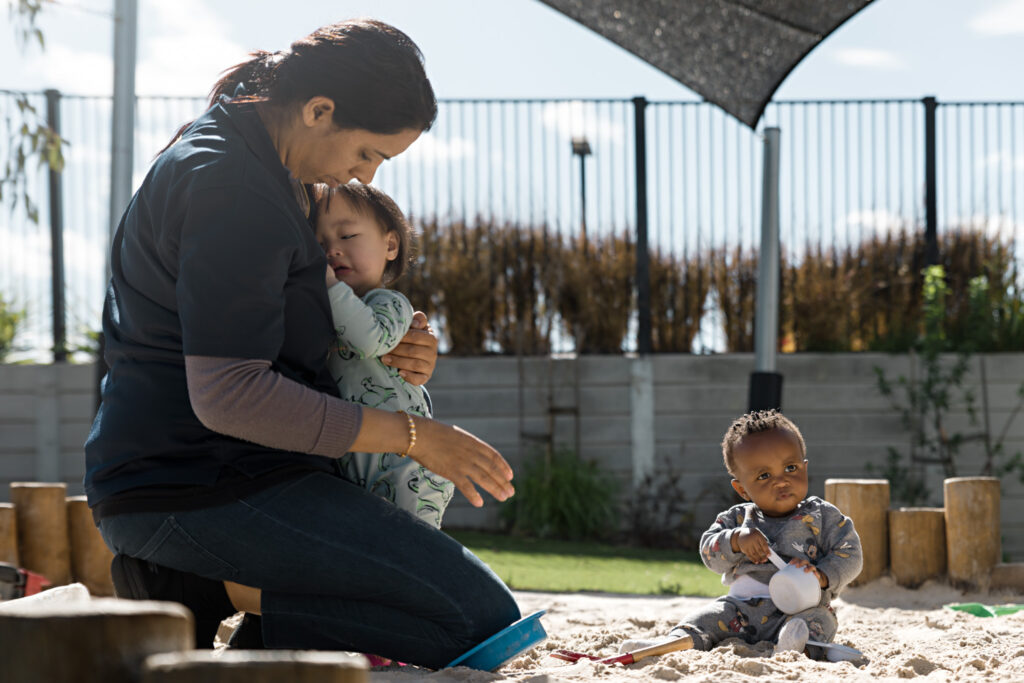Understanding Separation Anxiety in Children
Separation anxiety is a natural response in children as they navigate the unfamiliar territory of childcare. It typically emerges around the age of 8 to 14 months and can last until the age of 2 to 4 years. Children may exhibit clinginess, crying, or tantrums when faced with separation from their parents. It is important to remember that separation anxiety is a sign of a healthy attachment and is a temporary phase that most children outgrow as they develop a sense of security in their surroundings.
Strategies to Ease Separation Anxiety at Drop-Off
- Prepare and Communicate: Talk to your child about childcare before their first day. Explain the routine, activities, and the friendly caregivers they will meet. Keep conversations positive and reassuring, emphasising the fun experiences they will have.
- Gradual Introduction: Gradually introduce your child to the childcare environment. Start with shorter visits and gradually increase the duration over time. This will allow them to acclimate to the new environment while still having the comfort of knowing you are nearby.
- Comfort Objects: Encourage your child to bring a familiar object from home, such as a stuffed animal or a blanket. These comfort objects can provide a sense of security during the transition and help them feel connected to home.
Creating a Consistent Drop-Off Routine
Establishing a consistent drop-off routine can significantly ease separation anxiety for children. Consistency provides a sense of predictability and helps children feel more secure in their new environment. Follow these tips for a smooth drop-off:
- Set a Routine: Create a morning routine that allows enough time for a calm and unhurried drop-off. Establishing a predictable sequence of events can help children feel more in control and reduce anxiety.
- Say Goodbye with Confidence: When it’s time to leave, say goodbye with confidence and reassure your child that you will return. Keep the farewell brief and positive, avoiding prolonged goodbyes that may increase their distress.
- Follow Through: Stick to the drop-off routine consistently. By consistently following the same routine, you are sending the message that you are reliable and will always return.
How we at Kool Kidz promote independence and self confidence
Encouraging independence and fostering self-confidence can empower children to overcome separation anxiety. Here are some ways our educators promote independence at childcare:
- Encourage Exploration: We encourage your child to explore their new environment and engage in age-appropriate activities.
- Support Social Interactions: We encourage your child to interact with other children and participate in group activities. This can help them develop social skills, build friendships, and feel a sense of belonging within the childcare community.
- Acknowledge Achievements: Celebrate your child’s accomplishments and milestones at childcare. Recognise their efforts in adapting to the new environment and commend their bravery in facing separation anxiety. This positive reinforcement can boost their self-confidence and encourage further independence.
- Foster Problem-Solving Skills: Create opportunities for your child to develop problem-solving skills that they can apply in various situations at childcare. Help them understand how to navigate conflicts, seek help when needed, and make decisions independently. By empowering them with these skills, you are instilling a sense of competence and resilience.
- Establish a Sense of Routine: A consistent daily routine can provide children with a sense of structure and security such as play-based learning activities, storytime, daily meal routine, and outdoor play. Knowing what to expect can alleviate anxiety and help them feel more at ease in their surroundings.
The Kool Kidz Difference
Kool Kidz understands separation anxiety and its effects, and our curriculum and programs are designed to help you and your child deal with it. During your orientation session, you and your child can relax in one of our rooms together, and when ready you can try leaving your child with our team for a short period of time, to see how they cope and begin to prepare them for their first day at Kool Kidz. When the first day comes and you’ve left our team will step in to support your child, validate their emotions, and redirect their attention towards positive and enjoyable experiences.
Another key part of our strategy for handling separation anxiety is our innovative Kool Konnect app. This social communication tool gives you access to information on what your child has been eating, doing, and learning, as well as photos and videos of special moments that you can save to look back on later.
At Kool Kidz, the dedicated caregivers and supportive environment contribute to creating a positive and nurturing experience for children as they grow, socialise, and acquire important relationship-building skills. For more information, visit our FAQ page or one of our locations, or contact us with any enquiries.


